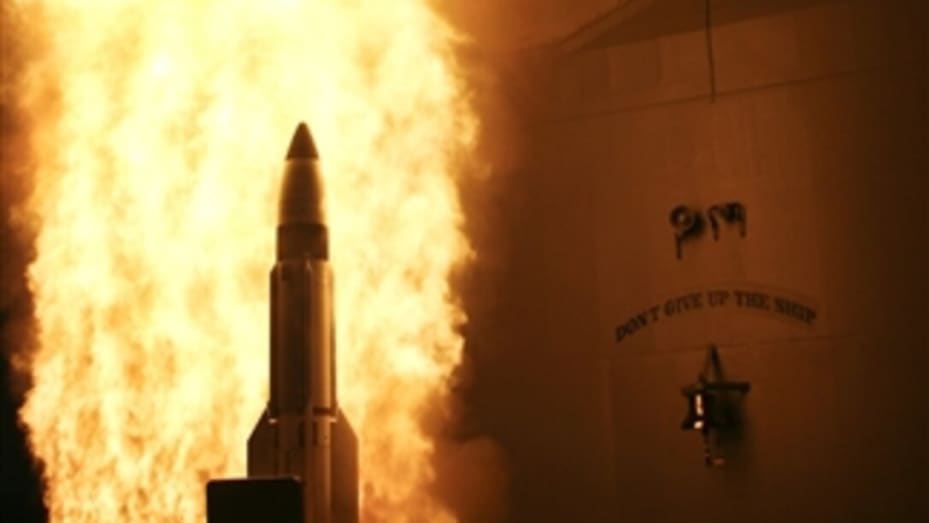The contrasting perspectives and actions of United States and China, regarding the proposed ban on anti-satellite missile testing in space and China’s strong opposition to the US-led initiative, accusing it of promoting “fake arms control” while pursuing genuiunne military expansion.

China Accuses US Proposal for Anti-Satellite Missile Testing Ban of “Fake Arms Control
South China Morning Post – Beijing has sharply criticized a US proposal, in collaboration with the European Union (EU), to ban testing of anti-satellite missile weapons in space, accusing it of masking “fake arms control” while facilitating “real military expansion.” The EU, with the backing of 27 member nations, has joined the US initiative, aiming to prohibit the testing of direct-ascent anti-satellite missile (ASAT) to enhance on-orbit safety. This move has garnered support from a total of 35 countries, primarily NATO allies.
China and Russia, both permanent members of the UN Security Council, are staunchly against the US-led proposal. Chinese Foreign Ministry spokesperson Wang Wenbin argued that the US commitment lacks effective limitations on its military activities in space and that Washington has already conducted multiple anti-satellite missile tests, rendering its intentions suspect. Wang claimed that the US seeks to exploit multilateral commitments to fortify its military dominance, all under the pretense of arms control.
The European Union has expressed concerns about the irreversible consequences of destructive anti-satellite missile testing on the space environment. While the EU’s support for the ban is seen as a preliminary measure to prevent environmental damage and curb an arms race in space, China’s Wang contended that escalating tensions and the burgeoning space arms race stem from the US’s pursuit of supremacy and its aggressive space military endeavors.
READ ALSO: Trump Opts for Carlson Interview Over GOP Debate Amid Ukraine Focus
Tensions Rise Over US Effort to Ban Space Weapons Testing
According to the published article of TS2 Space, the proposal, championed by the Biden administration, received a mixed response at the UN General Assembly in the past, with some 155 countries supporting a non-binding moratorium on destructive anti-satellite missiles. However, China, Russia, and a few others objected to the motion, advocating for a binding prohibition on space weapon deployment and the use of force against space assets.
China has advocated for a comprehensive legal prohibition on the militarization of space and urged nations to move away from Cold War mentalities. Wang emphasized the importance of negotiating legal instruments for arms control and international cooperation to ensure the peaceful and sustainable use of outer space.